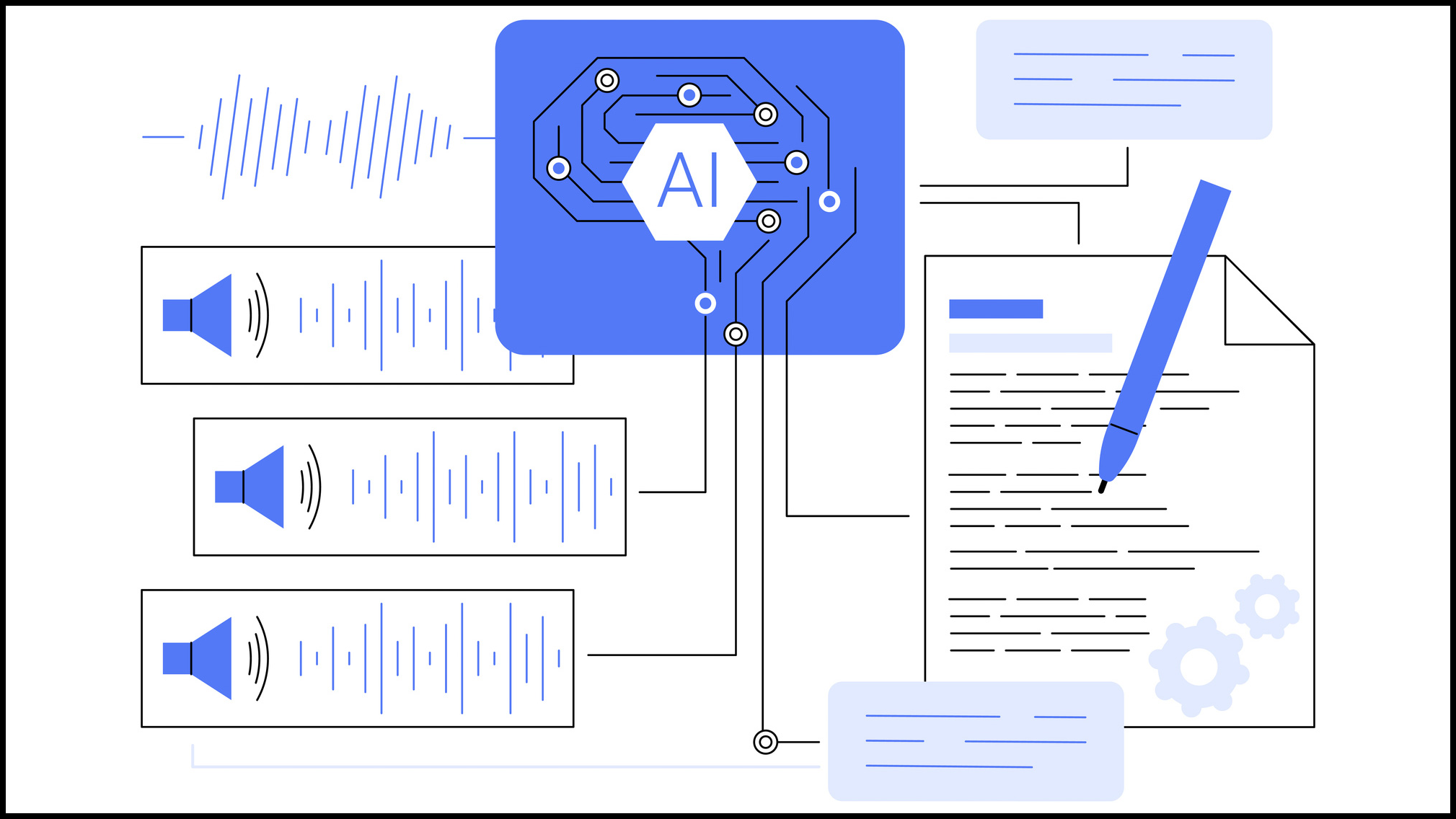A new study from King’s College London suggests artificial intelligence (AI)-powered speech recognition could ease administrative burdens for dental professionals, though accuracy concerns remain.
Published in the Journal of Dental Research, the study evaluated 10 automatic speech recognition (ASR) tools and found that the most advanced systems were both faster and more accurate than manual typing—saving up to 60 per cent in documentation time.
Related: The consent gap: What the Heartland lawsuit teaches us about AI in dentistry
Experimental pipeline leads performance
According to King’s, the top-performing system was an experimental pipeline combining OpenAI’s GPT-4o transcription with a large language model for automatic error correction. It was followed closely by Heidi Health’s digital scribe and the GPT4oTranscribe speech-to-text application programming interface (API).
While these AI systems show promise, researchers warned that clinically significant errors—such as misidentifying teeth or treatment plans—still occur. They recommended a “human-in-the-loop” approach, in which clinicians review and edit AI-generated transcripts to ensure accuracy.
Key findings
- The AI-enhanced experimental pipeline (GPT4oTranscribeCorrected) had the lowest error rate, especially with technical dental terminology.
- Commercial tools such as Heidi Health performed strongly, while others—including Dragon Anywhere—had higher error rates and occasionally introduced clinically relevant mistakes.
- Accent and background noise had minimal effect on the best systems, suggesting they may be suitable for use in real-world dental settings.
Source link

